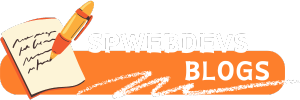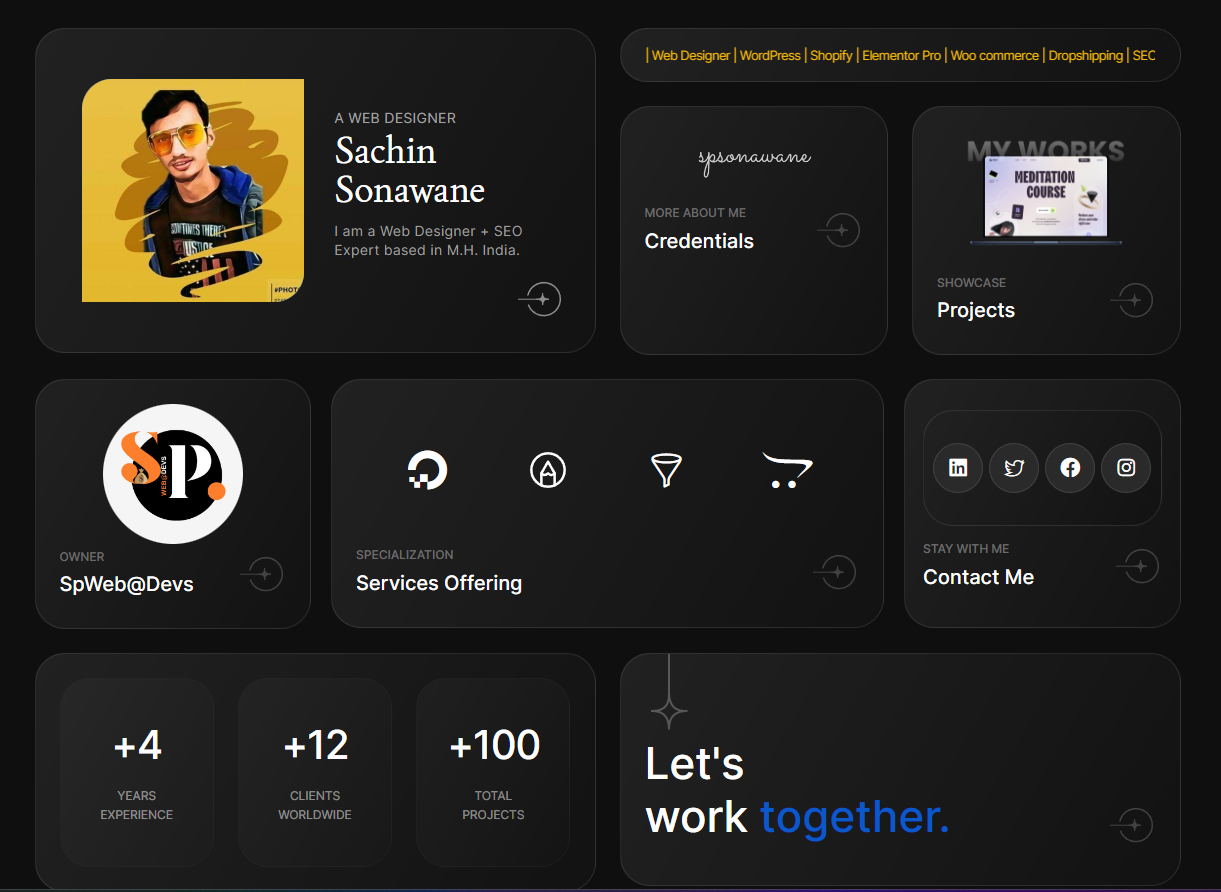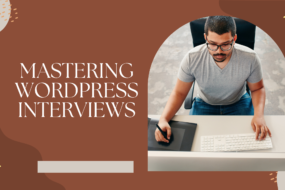- Home
- Business and Productivity Software
- Job Interview Preparation: A S ...
Preparing for a job interview can be a daunting task, but with a well-structured plan, you can increase your chances of success. Here’s a step-by-step guide to help you navigate the interview preparation process effectively.
Job Interview Preparation: A Step-by-Step Guide to Success
Welcome to the ultimate guide for acing your job interview. In today’s competitive job market, preparation is the key to success. We’ll take you through every step of the process, from initial research to the final handshake, ensuring you’re ready to impress any potential employer. So, let’s dive in and start your journey toward job interview success.

Introduction
In the fast-paced world of job hunting, where first impressions can make or break your career, effective interview preparation is essential. This guide will equip you with all the necessary skills and insights to ensure that you stand out from the competition and secure your dream job.
Researching the Company
Before you even step into the interview room, it’s crucial to understand the company you’re applying to. Research their history, values, and recent achievements. Familiarize yourself with their products or services, and be prepared to discuss how you can contribute to their success.
Crafting Your Elevator Pitch
Your elevator pitch is your opportunity to introduce yourself effectively in under a minute. It should highlight your key strengths, experiences, and what makes you the perfect fit for the company. Practice it until it flows naturally.
Dress to Impress
First impressions matter, and dressing appropriately is a big part of that. Ensure your attire is professional and suits the company culture. When in doubt, it’s better to be slightly overdressed than underdressed.
Perfecting Your Resume
Your resume is your calling card. Be ready to discuss your work history, focusing on your most relevant experiences. Use quantifiable achievements to showcase your impact in previous roles.
Handling Behavioral Questions
Interviewers often use behavioral questions to assess how you’ve handled past situations. Use the STAR method (Situation, Task, Action, Result) to structure your responses effectively.
Preparing for Technical Questions
For technical roles, be prepared for in-depth questions related to your field. Revise your technical knowledge and practice problem-solving to demonstrate your expertise.
Navigating the Interview
During the interview, maintain eye contact, offer a firm handshake, and exhibit good body language. Answer questions confidently and concisely. Remember, it’s not just what you say but how you say it that matters.
Asking Smart Questions
At the end of the interview, it’s your turn to ask questions. This is an opportunity to show your genuine interest in the company and the role. Ask about the company’s future plans, the team, and the interviewer’s experiences.
Following Up
After the interview, send a personalized thank-you email within 24 hours. Express your gratitude for the opportunity and reiterate your interest in the position.
Handling Rejections
Rejections can be disheartening, but they are a part of the job hunting process. Learn from the experience, seek feedback, and continue your job search with a positive attitude.
Frequently Asked Questions
1. How can I calm my nerves before an interview?
- Before the interview, practice relaxation techniques such as deep breathing and positive visualization. Also, be well-prepared to boost your confidence.
2. What should I bring to the interview?
- Bring multiple copies of your resume, a notepad, and a list of questions to ask the interviewer.
3. Is it acceptable to ask about salary and benefits during the interview?
- It’s best to wait until the employer brings up the topic. Focus on showcasing your skills and interest in the role first.
4. What’s the best way to answer the “Tell me about yourself” question?
- Keep your response concise, focusing on your professional background and why you’re interested in the role.
5. Should I send a thank-you email after a phone interview?
- Absolutely! A thank-you email is a professional courtesy and demonstrates your enthusiasm for the position.
6. How can I improve my non-verbal communication during interviews?
- Practice maintaining eye contact, using open body language, and avoiding nervous habits like fidgeting.
Conclusion
Job interview preparation is a crucial step on your path to success. By conducting thorough research, refining your interview skills, and following up professionally, you’ll be well on your way to securing your dream job.
Get ready to showcase your expertise and take your career to new heights with our comprehensive guide to “Job Interview Preparation: A Step-by-Step Guide to Success.”
















